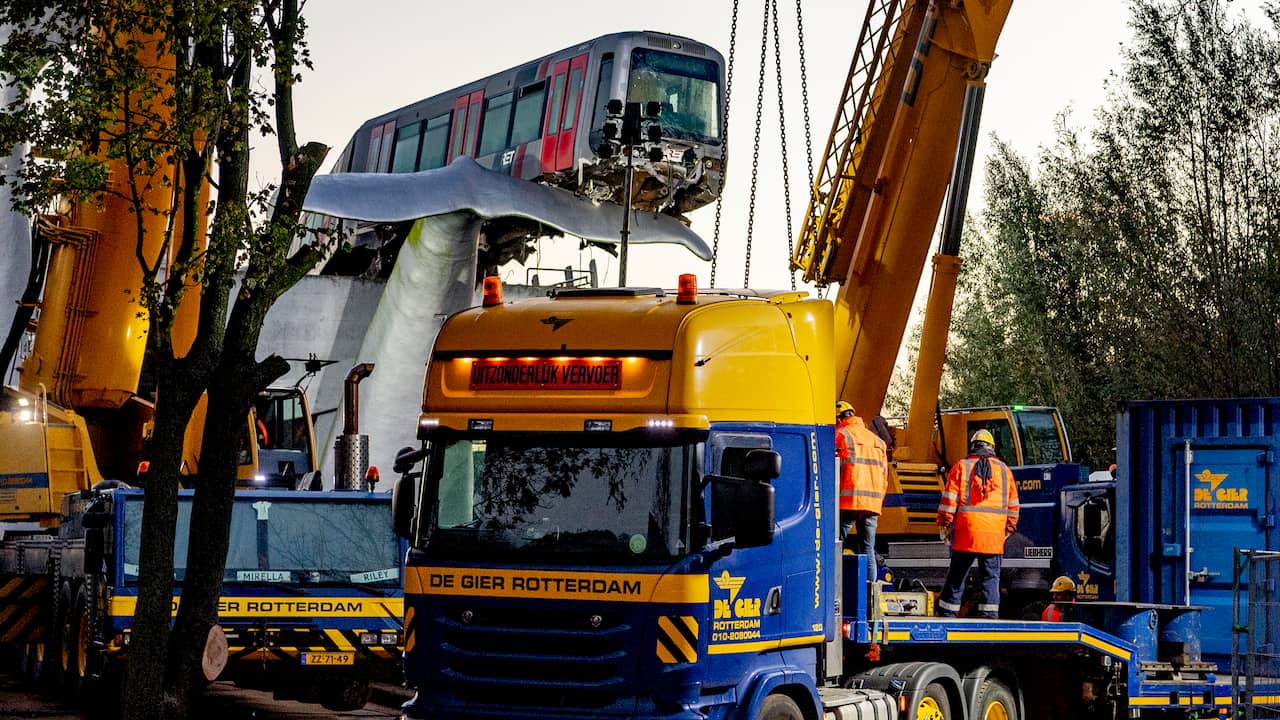The President of Castilla La Mancha believes that “autonomous states of alarm” are of little use if mobility between regions is not restricted. Emiliano García Page, who thanks Sánchez for his attempt at co-governance, asks that schools open normally because, otherwise, “it would mean that we are closer to confinement.”
In Puertollano, he has asked the educational community to cooperate with the confidence that the virus “is going to exist” but the hygienic measures, which are already planned, are going to be extreme. Regarding the meeting between the Ministry of Education and the Autonomous Communities, the president trusts that it will serve to establish homogeneous criteria and not become a “competitive souk”. He believes that it is clear that protocols must be applied as similar as possible and that the more coordinated the strategy, the better.
García Page has announced that this Friday several educational investments are approved by the Governing Council: 16 million euros for digitization and the purchase of 57,000 devices; 20% more budget for textbooks, supplies, or school lunch; and authorization to carry out PCR for all teachers. Tests that are going to be extended to another sensitive group: that of public and private residential workers, who join the system after vacation or enter the system for the first time. In the area of employment, it has also announced the approval of the +52 program for the unemployed.
In a national key, it has analyzed the measures announced and offered yesterday by Pedro Sanchez, such as the possibility that the communities request the state of alarm. García Page believes that “the key to the exceptionality of the state of alarm was to interrupt mobility. If it is not applied between regions, it is of little use,” he pointed out. And he added that there is no use forcing the citizens of Castilla La Mancha to confine themselves if Spain has open borders “with the whole world.” At this point, he says he is happy that all the autonomies and the Government of Spain endorse the thesis that there are only two options: either comprehensive confinement or normal life with preventions and a rapid detection system. He recalled that 10 out of 11 new positives are detected by tracking and that, in the region, there are only “problems” in 12 of the 919 municipalities where community transmission has been verified.
–
–


